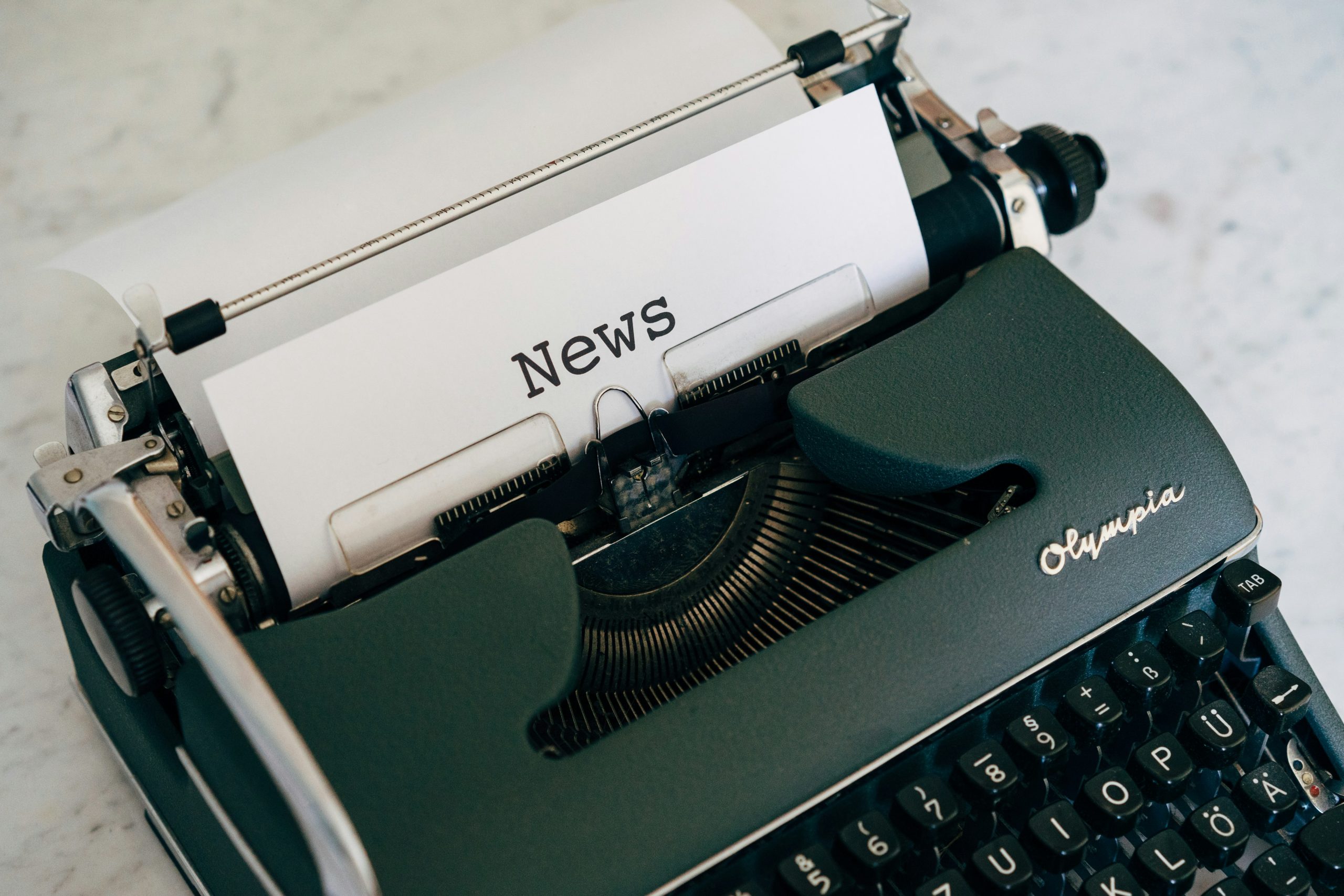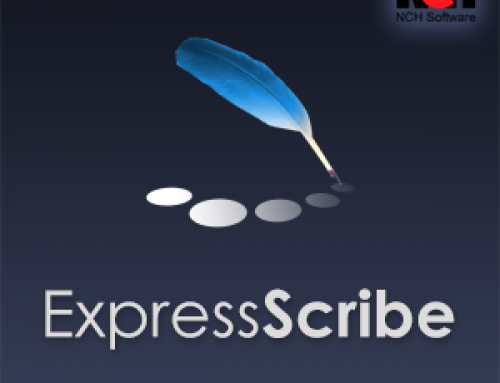Journalism is a profession which relies heavily upon storytelling. Regardless of the nature of the piece, there is an element of compelling storytelling which plays a fundamental role in crafting news. Part of the storytelling process comes heavily from building a relationship with people and interviewing them to understand their perspective or talk about their life. The reason you choose to do an interview is irrelevant – what matters is that you can use transcription to help make the process a lot easier.
Capturing Interviews in Incredible Detail
Obviously, the main goal of journalism is to tell a story which is both compelling and accurate. To ensure that facts are not incorrectly printed or opinions are not misinterpreted, recordings are made of interviews to ensure that a journalist can play it back and keep track of what’s going on.
These interviews are then used to put together an article, but this requires a journalist to be able to properly transcribe themselves – put information into proper sentences and interpret audio as it is coming into their ears. It’s a specific skill to master, and not every journalist is good at it. They might miss out on key details and cause the final product to not be of a good quality or misrepresent what someone is trying to say.
Transcription helps to prevent this by offering people a chance to record all of the words spoken by both the interviewer and interview participants in exceptional detail. A written record is considered easier to work from in most situations, making it a good tool for people who want to be able to make more accurate articles.
Easier For All
There are other benefits to using a transcription service for interviews in journalism. For example, it means that there is an official written record which can be used at the discretion of the user, and it is easy for people to pass articles and tasks between colleagues – with a written record, someone else can pick up and begin working on an article because the information is not contained in an audio file.
It also provides a record for record-keeping, which for a news station or business is key for ensuring that there is something to refer back to in the event of a legal or corporate challenge.
Closing Thoughts
There are, undoubtedly, a lot of benefits to having transcription services on hand for a journalist which are not immediately limited to just saving time and energy. Journalism is something which requires accurate presentation of a person or situation, and a written record is the best way to guarantee that this happens. After all, it is difficult sometimes for people to remain completely faithful to the facts when trying to transcribe for themselves, which is why working with a professional company to do this is key for successful journalism. EQ Transcription is available to offer help to journalists who need it, delivering accurate and timely transcription services.




